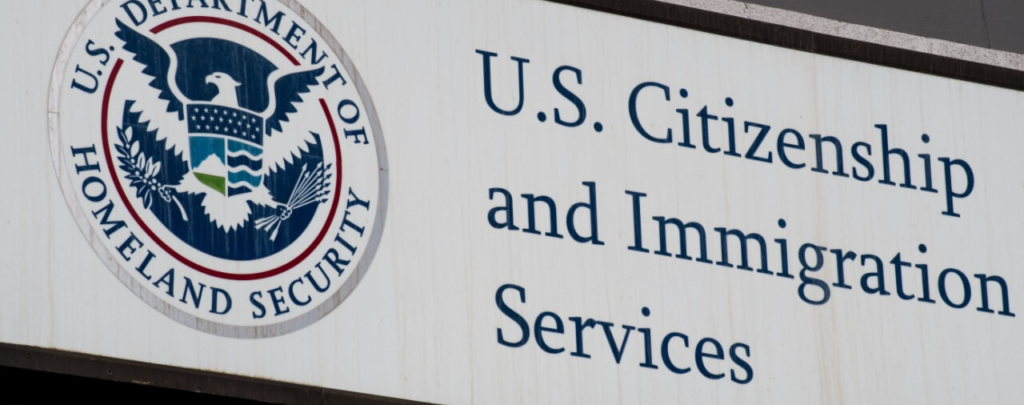Back in February, I wrote a post on the case of the Russian opposition politician, Vladimir Kara-Murza [see blog]. At the time I wrote that post, Kara-Murza had been placed in an artificial coma due to multiple organ failure. The symptoms shown by Kara-Murza were similar to those he had when he became gravely ill due to the mysterious presence of heavy metals in his body. In both cases, Kara-Murza suspected — quite reasonably — that he had been poisoned by persons connected to the government of Vladimir Putin.
Fortunately, Kara-Murza has again recovered from a near-death poisoning experience. In the April 2017 edition of the National Review, he gave an interesting interview to Jay Nordligner that I would like you share with you.1
In the piece, Kara-Murza was asked about his work with Boris Nemtsov, a fellow human rights activist and close friend of Kara-Murza who was murdered in February of 2015. Together, Kara-Murza and Nemtsov had worked to urge the United States Congress to pass the Magnitsky Act, a law imposing sanctions on certain Russian officials involved in human rights abuses (it is named after the murdered Russian human rights activist, Sergei Magnitsky). Nordlinger asked Kara-Murza if the Russian government had made a mistake in murdering Nemtsov, specifically, “[d]id Nemtsov’s murder backfire on them?” Kara-Murza responded that the Russian government — for its own purposes — did not make a mistake. His reasoning was that Nemtsov was such an effective activist that his contributions could not be replaced.
Kara-Murza explained that when his symptoms began in February, he immediately understood what was happening because they were identical to those he experienced when he was poisoned in 2015. He stated, “I knew I only had a few minutes before I would become completely incapacitated. I used those minutes wisely.”
In the article, Nordlinger explains that Kara-Murza was only given a 5-percent chance of survival on each occasion when he was poisoned. Prior to having been poisoned the first time, Kara-Murza had deemed his situation so precarious that he had sent his wife and children to reside here in the United States. One might think that after coming close to death twice in two years, Kara-Murza would see fit to join his family in safety. However, he told Nordlinger that he would return to Russia to continue his work despite the fact that his doctors told him he would not survive a third poisoning.
Nordlinger quoted Congressman Ed Royce (R, CA-39), the current Chairman of the House Foreign Affairs Committee, who described Kara-Murza as “one of the bravest people I know.” Without question, Kara-Murza has shown his courage and commitment to liberty time and time again, and we can only hope against hope, as unlikely as it may be, that he is allowed to persist in his great work without the Russian government making further attempts on his life or the lives of fellow human rights activists working closely with him.
Please see my original article on the Kara-Murza case to learn more about his background [see blog].





